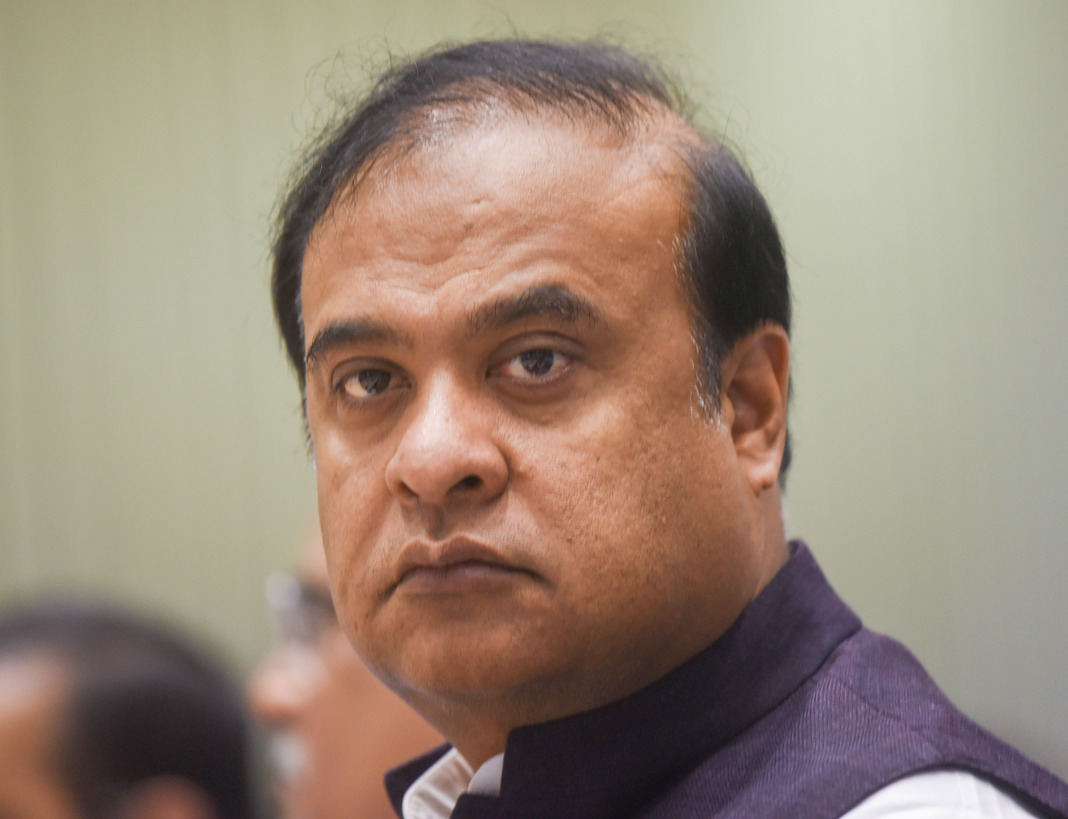Islamabad, Oct 20: The controversial 26th Constitutional Amendment Bill, aimed at enforcing judicial reforms that have been a bone of contention between the ruling coalition and the opposition, was on Sunday introduced in the Senate after it was approved by the Cabinet.
“I… wish to introduce a bill further to amend the Constitution of the Islamic Republic of Pakistan, the Constitution 26th Amendment Bill, 2024,” Law Minister Azam Nazir Tarar said as he presented the bill in the upper house of the parliament.
“Is it opposed?” asked Senate Chairman Yousaf Raza Gilani, to which he received no response from the Senate members.
Earlier in the day, the Cabinet approved the proposed draft of the controversial bill during a meeting chaired by Prime Minister Shehbaz Sharif after seeking consensus from the coalition partners, his office said.
According to a statement from the Prime Minister’s Office, the cabinet decided to approve the bill “in the wider interest of the country while adhering to the oath of national development and public welfare.”
Ahead of the cabinet meeting, Prime Minister Shehbaz met with President Asif Ali Zardari for detailed discussions on the proposed constitutional amendment, during which the president was briefed and consulted, Express News reported.
After the meeting, Federal Minister Musadik Malik said the government approved its draft, which was prepared in collaboration with the Pakistan People’s Party (PPP), the government, and coalition partners.
The coalition government is highly optimistic about getting the much-anticipated 26th Constitutional Amendment passed in parliament, Geo News reported.
The National Assembly session will start soon.
Strict security arrangements have been made for today’s session of the National Assembly, with guest entry strictly prohibited, according to the assembly’s spokesperson.
On Saturday night, the bill was discussed with Pakistan People’s Party (PPP) Chairman Bilawal Bhutto-Zardari and Jamiat Ulema-e-Islam-Fazl (JUI-F) chief Maulana Fazlur Rehman.
According to reports, the bill’s alleged objective is to dilute the power of an independent judiciary.
Reports indicate that the government plans to raise the retirement age for judges and fix the tenure of the Chief Justice of the Supreme Court.
A constitutional amendment requires separate passage in the National Assembly and Senate, with a two-thirds majority vote.
Earlier, the government lacked the required numbers in the Senate and the National Assembly. However, Defence Minister Khawaja Asif has claimed that the government now has the support to reach the required numbers.
Maulana Rehman of JUI-F, in a late-night talk with the media along with Bilawal, said his party would support the 26th constitutional amendment after receiving a response from the Pakistan Tehreek-e-Insaf (PTI) and sought a day for further deliberation.
The JUI-F reached a consensus on the constitutional package after the government agreed to remove all parts not acceptable to the party, Rehman said.
Bilawal, who is spearheading the official effort to garner the required numerical strength, said on the occasion that he wanted the legislation to take place with the consensus of all the political parties.
A common element in the drafts is that the government has abandoned the proposal to create a separate constitutional court. Instead, it has agreed to establish a special constitutional bench within the Supreme Court to address constitutional or political issues.
Reportedly, the government did succeed in getting support to prevent the senior-most judge of the top court from automatically becoming the Chief Justice. It also introduced a special parliamentary panel to appoint the Chief Justice out of the three top judges of the court.
If passed, the government could block Justice Masoor Ali Shah from succeeding the current Chief Justice, Qazi Faez Isa, upon his retirement. Isa is set to retire on October 25 after reaching superannuation, which is 65 years.
The original idea of extending the retirement age of judges from 65 to 68 is also not part of the amendment.
To succeed, it should be passed before the October 25 deadline to complete the formalities for setting up the special panel.
To pass the amendment, the governed needs 224 votes in the 336-member National Assembly and 64 in the Senate. The current coalition strength in the NA is 213 and 52 in the Senate. The JUI-F with eight NA members and five senators is in a position to play a major role. Rehman can also bring the votes of opposition parties like the jailed former premier Imran Khan’s PTI. (PTI)




